- Home
- Sustainability
- Sumitomo Forestry Group's Sustainability Management
- Contributions to the SDGs and Material Issues
Contributions to the SDGs and Material Issues
Basic Policy
The Sustainable Development Goals (SDGs) adopted by the United Nations General Assembly in 2015 set 17 goals on subjects such as poverty, equality, education, and the environment for all nations and regions to achieve by 2030. The SDGs work to solve various global issues raised as principles toward building a better international society that leaves no one behind. Our initiatives to address social issues identified in the SDGs will result in the creation of new business opportunities and business growth. On the other side, if the initiatives are not fully implemented, there is a risk of delays in complying with laws and regulations, as well as a risk of reputational damage.
Mid-Term Sustainability Targets and SDGs
In February 2022, in anticipation of 2030, the Sumitomo Forestry Group formulated a long-Term vision "Mission TREEING 2030" and Medium-Term management plan "Mission TREEING 2030 Phase 1" (2022 - 2024), which incorporated the ideal form of the Sumitomo Forestry Group into the business concept, with an aim of realizing a decarbonized society. One of the five basic policies is "Further Integration of Business and ESG," and the Group has established "Mid-Term Sustainability Targets," which incorporates the Group's sustainability strategy and material issues. Specific numerical targets are set for each business division while incorporating SDGs perspectives to address the nine material issues identified by the Sumitomo Forestry Group. Our Mid-term Management Plan "Mission TREEING 2030 Phase 2" has been formulated to cover its implementation and dramatic growth over the three years from 2025 to 2027. Moreover, through achieving the new indicators of our "Mid-Term Sustainability Targets," we will contribute to the realization of a sustainable and prosperous society.
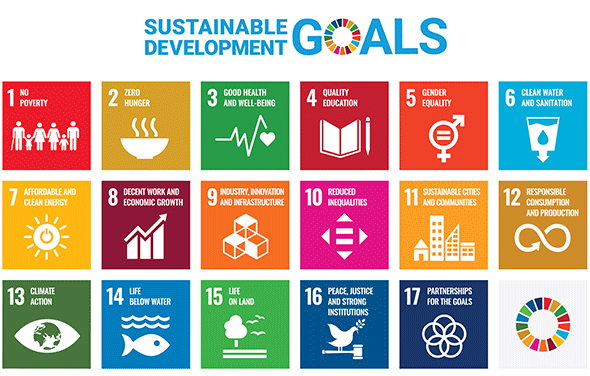
Material Issues and SDGs (Goals and Targets)
To help resolve the material issues that we have identified and contribute to SDG initiatives, the Sumitomo Forestry Group has associated SDGs (goals and targets) with the 15 qualitative targets of material issues as shown below. In these activities, each division always promotes use of the PDCA cycle to establish a system for achieving the SDGs by first using indicators for evaluation (numerical targets) with each fiscal year’s targets based on the Mid-Term Sustainability Targets.
Material Issues and SDGs (Goals and Targets)
| Nine Material Issues | Details of Material Issues | Relevant SDGs
(Goals and Targets) |
||
|---|---|---|---|---|
| 1) To enhance the value of forests and wood through sustainable forest management | Nurturing forests to enhance and harness the value of wood and other forest resources. | 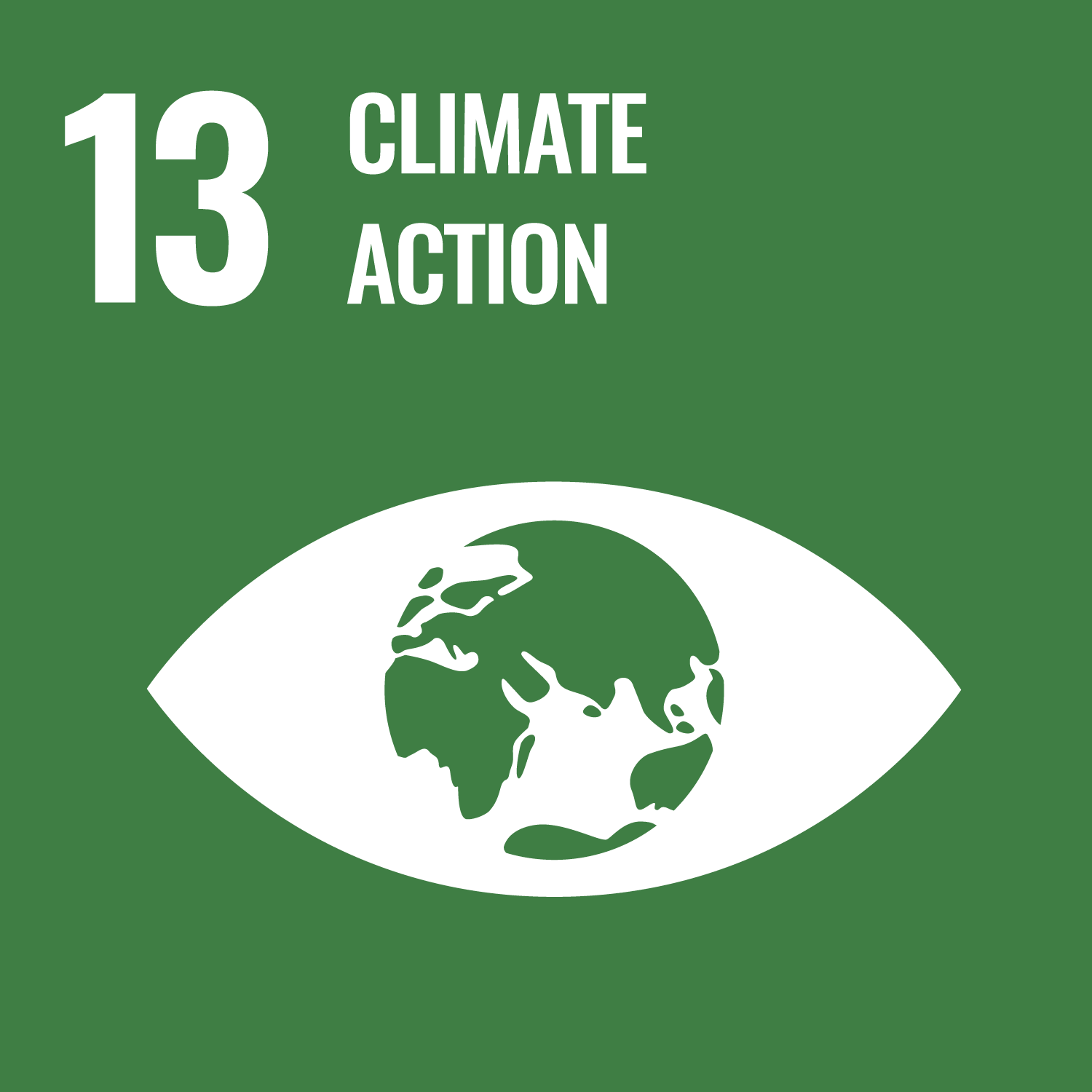 13.1 |
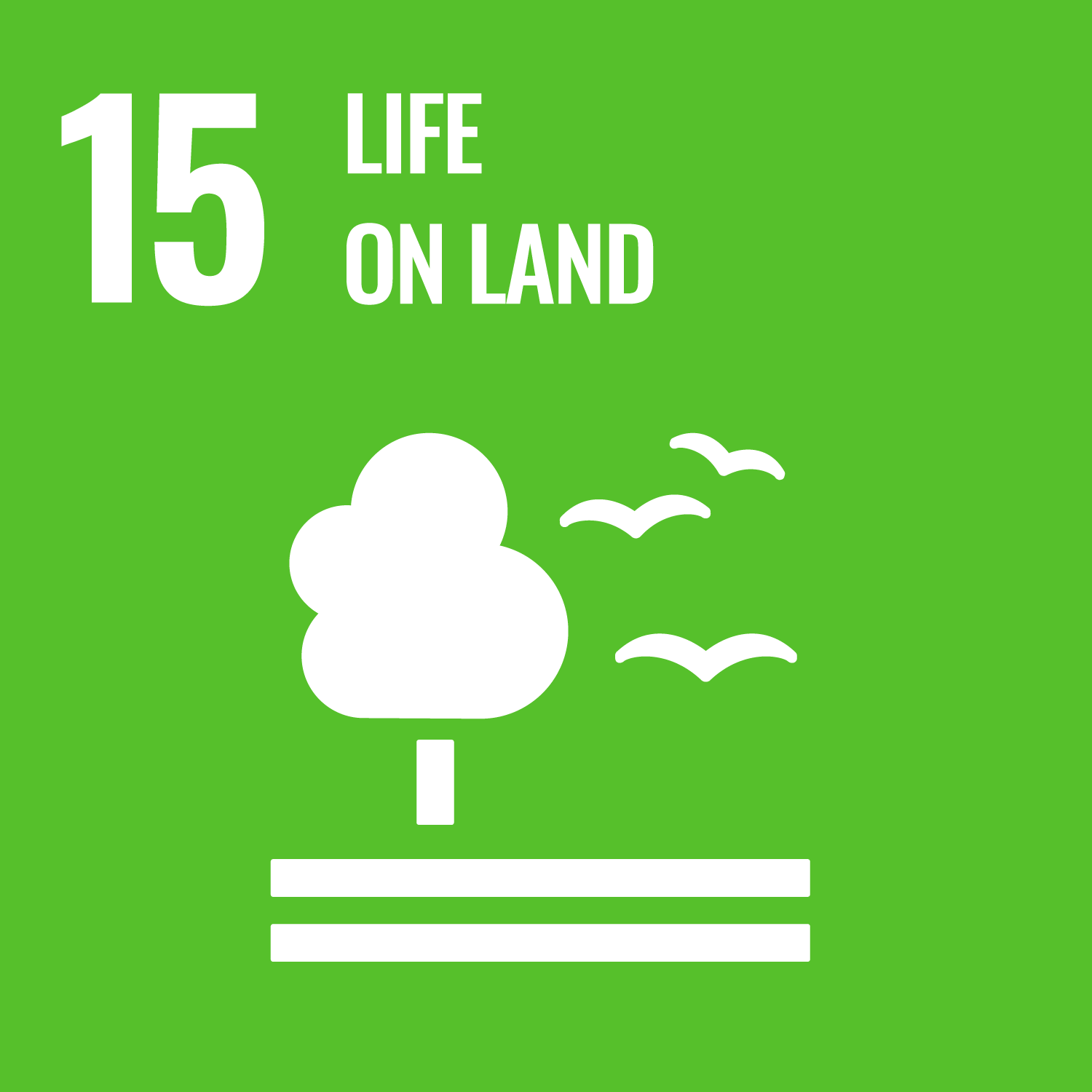 15.1 15.2 15.3 15.4 |
|
| 2) To realize carbon neutrality by leveraging forests and wood resources | Contributing to the decarbonization of society by reducing our own GHG emissions, by offering timber and wood products that sequestrate carbon, and by providing low-carbon/carbon-free products and services. | 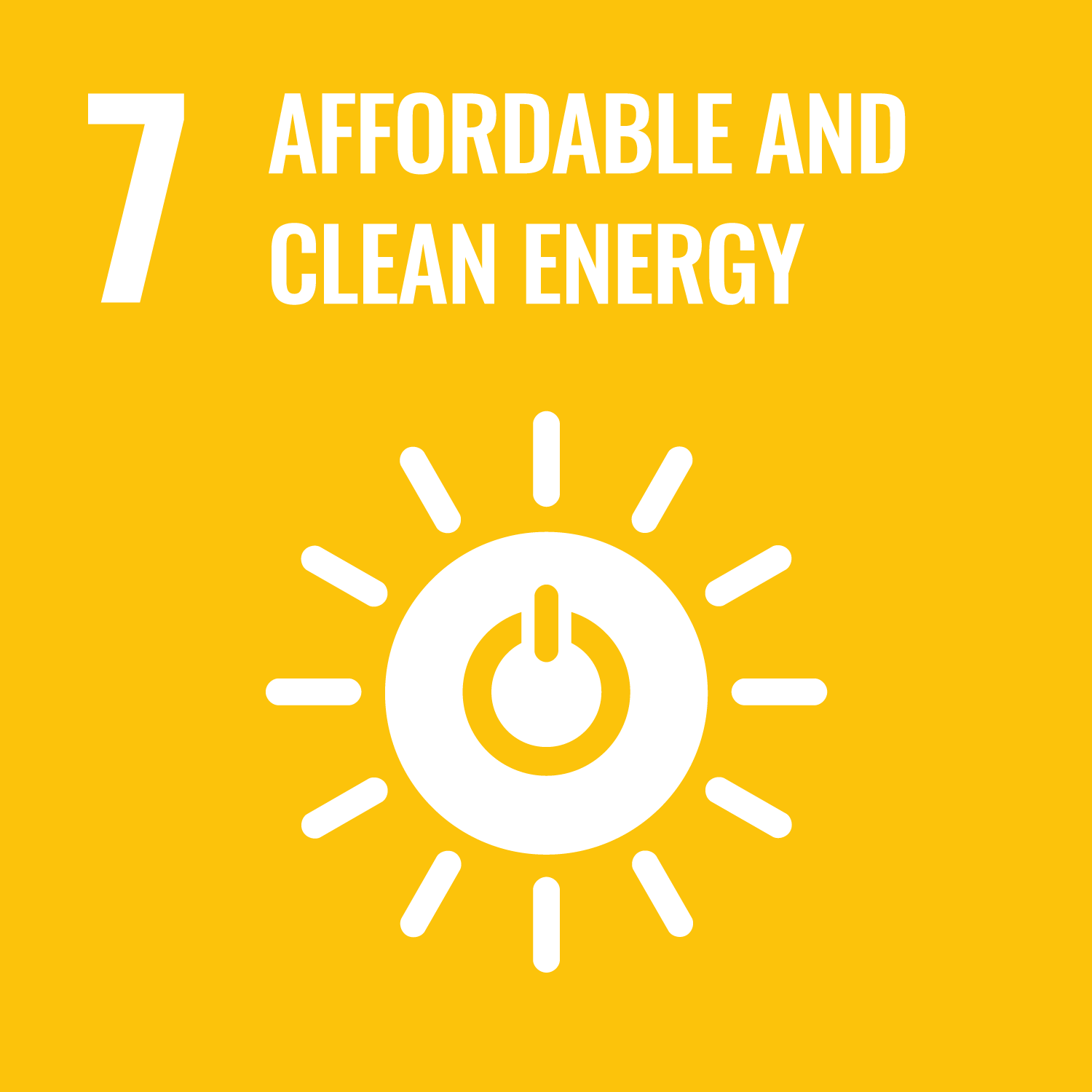 7.2 |
 13.1 13.2 |
|
| 3) To realize a circular bioeconomy by leveraging forests and wood resources | Realizing a circular society by making the most of wood, a renewable and natural resource from the forest ecosystem. | 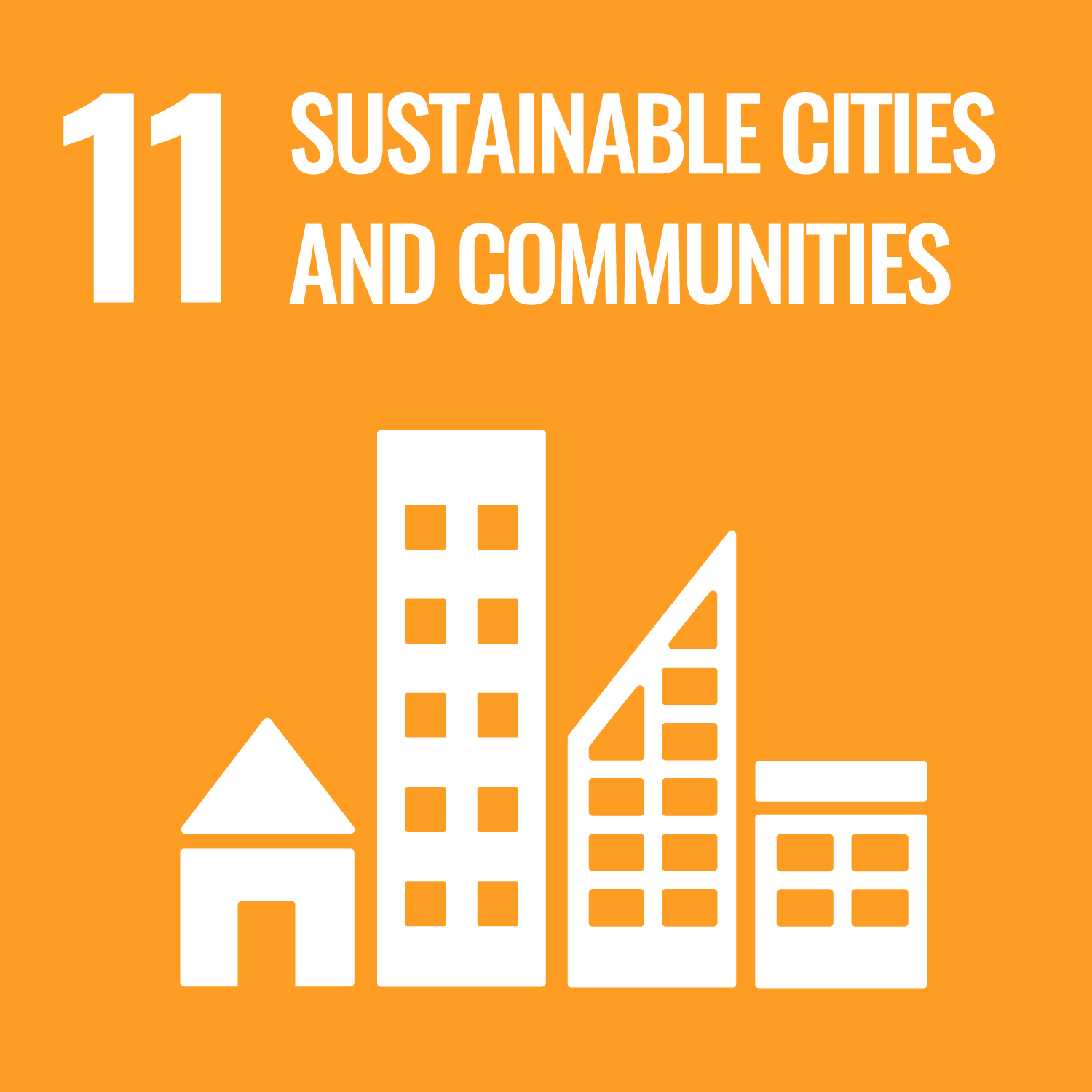 7.2 11.6 |
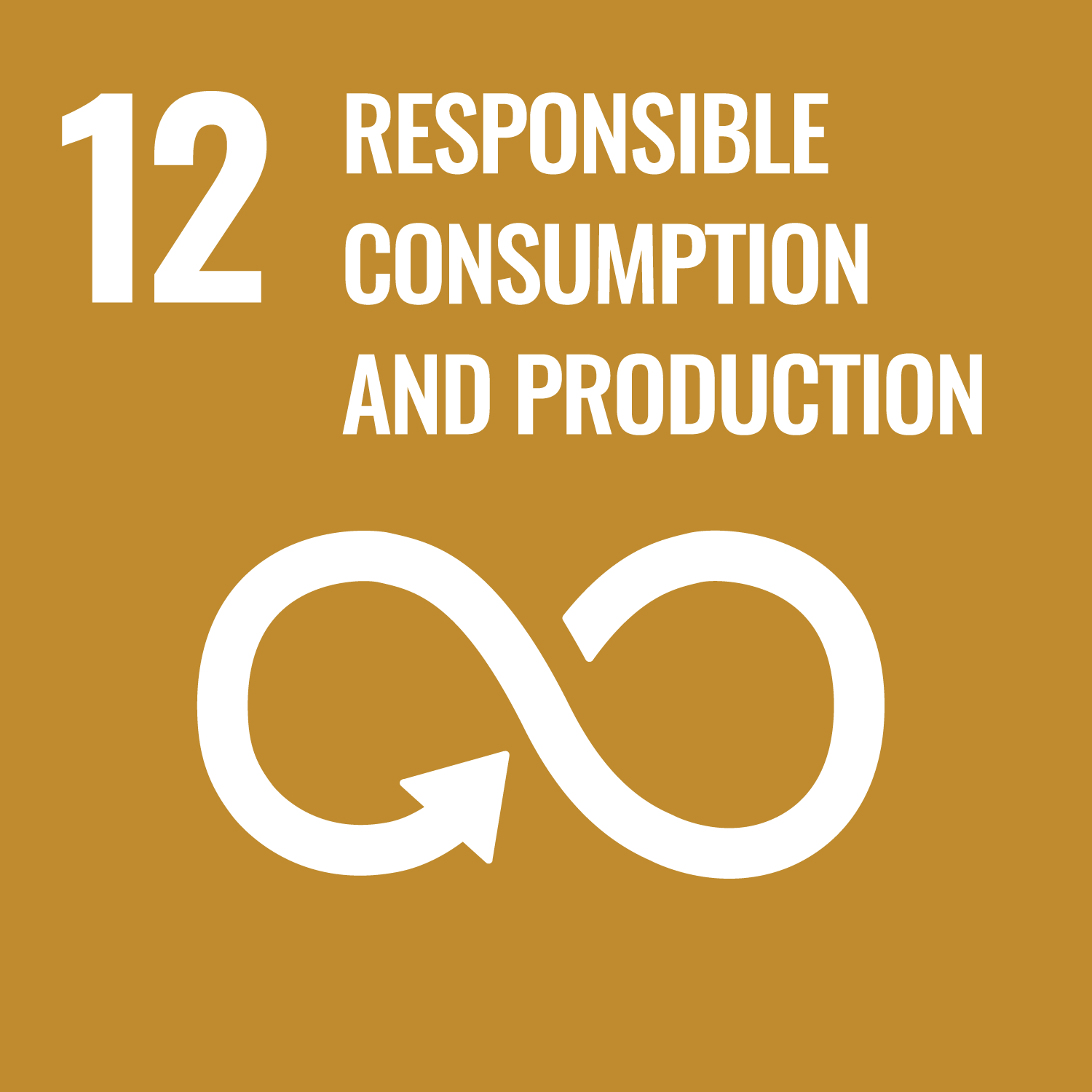 12.2 12.5 |
 15.1 15.2 15.4 |
| 4) To provide comfortable and secure spaces for society at large | Providing safe, comfortable, and secure spaces to society at large. |  3.9 |
 9.4 |
 11.6 |
| 5) To improve the livelihood of the local communities where we operate | Creating jobs through our businesses and contributing to the development of local communities. |  3.9 |
 8.3 |
 11.3 |
| 6) To create a vibrant environment for all workers | Creating a work environment where everyone throughout the supply chain is safe, healthy and motivated. |  3.9 |
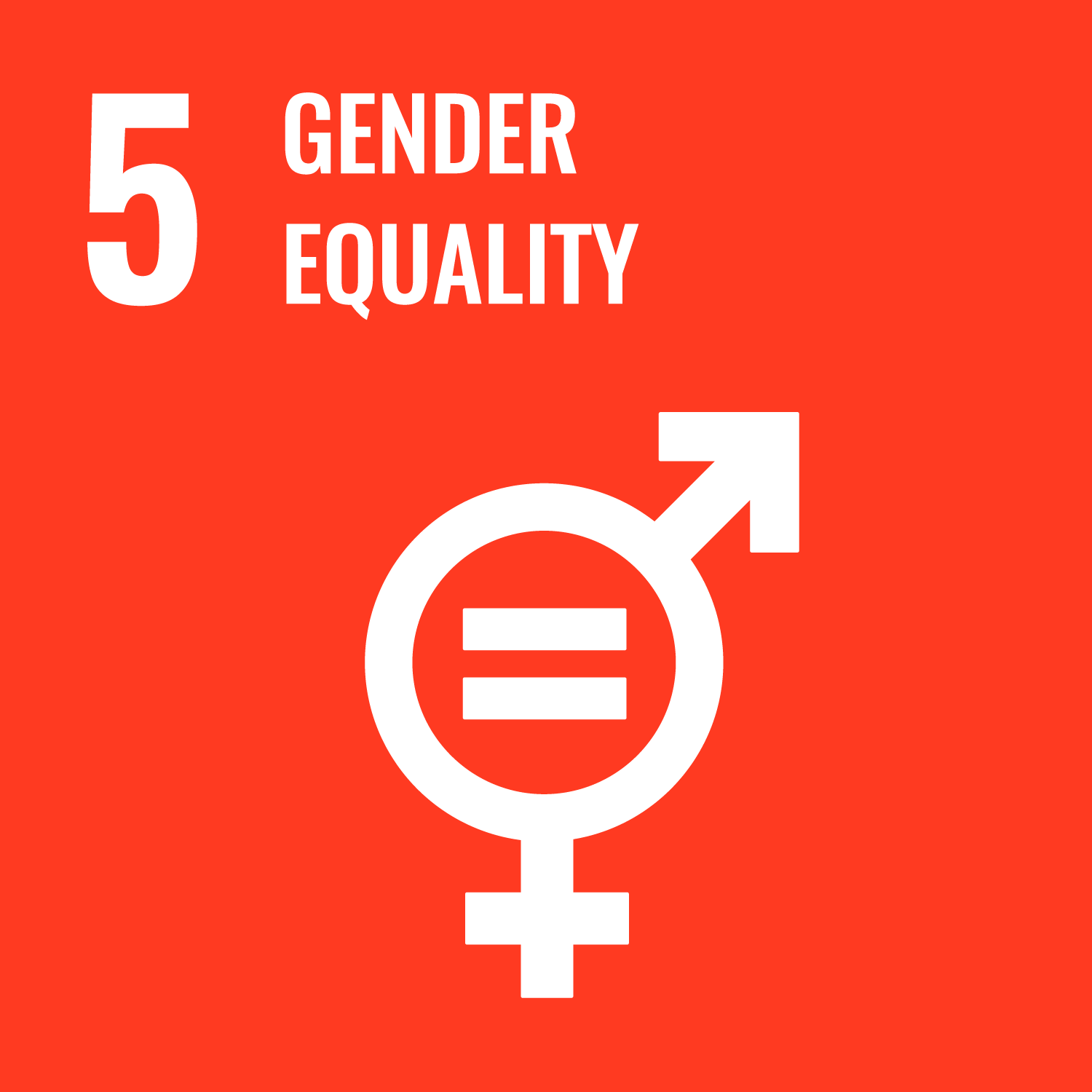 5.5 |
 8.5 8.8 |
| 7) To create new markets with forests and wood | Creating new markets that enrich the economy through the resourceful use of forests and wood. |  9.4 |
 11.3 |
|
| 8) To transform markets through DX and innovation | Enhancing economic efficiency and added value through business transformation brought about by DX and innovation. |  9.4 |
||
| 9) To establish a robust business structure | Contributing to a stable economy by continuously providing value with a structure that is resilient to contingent circumstances. |  16.5 16.7 |
||
Dissemination of SDGs
The Sumitomo Forestry Group believes that it is crucial to disseminate and foster an understanding of SDGs to contribute to the SDGs through business. We conduct various initiatives to raise awareness in not only our employees but all of our stakeholders.
- Click here for related information
- Home
- Sustainability
- Sumitomo Forestry Group's Sustainability Management
- Contributions to the SDGs and Material Issues

